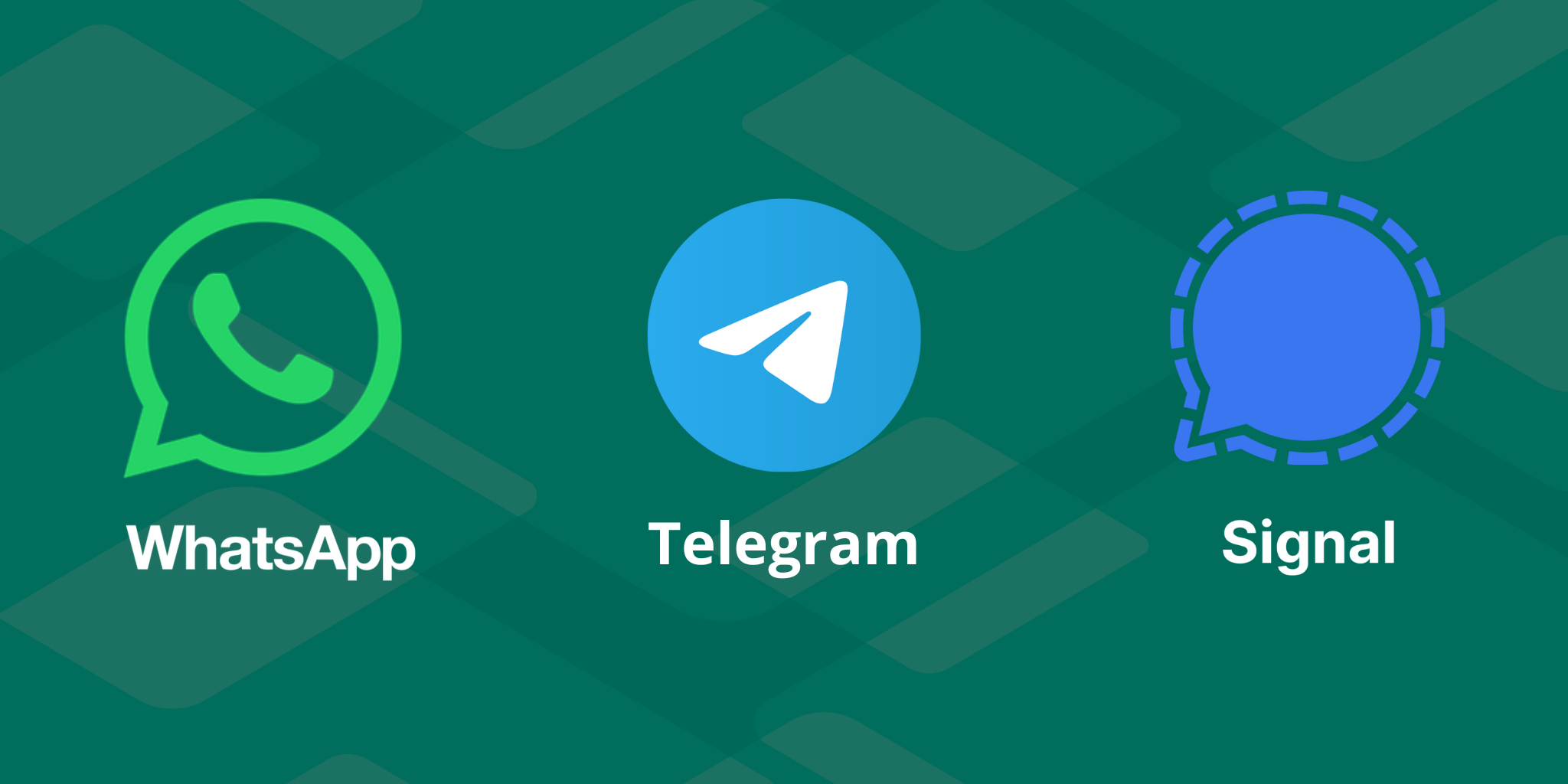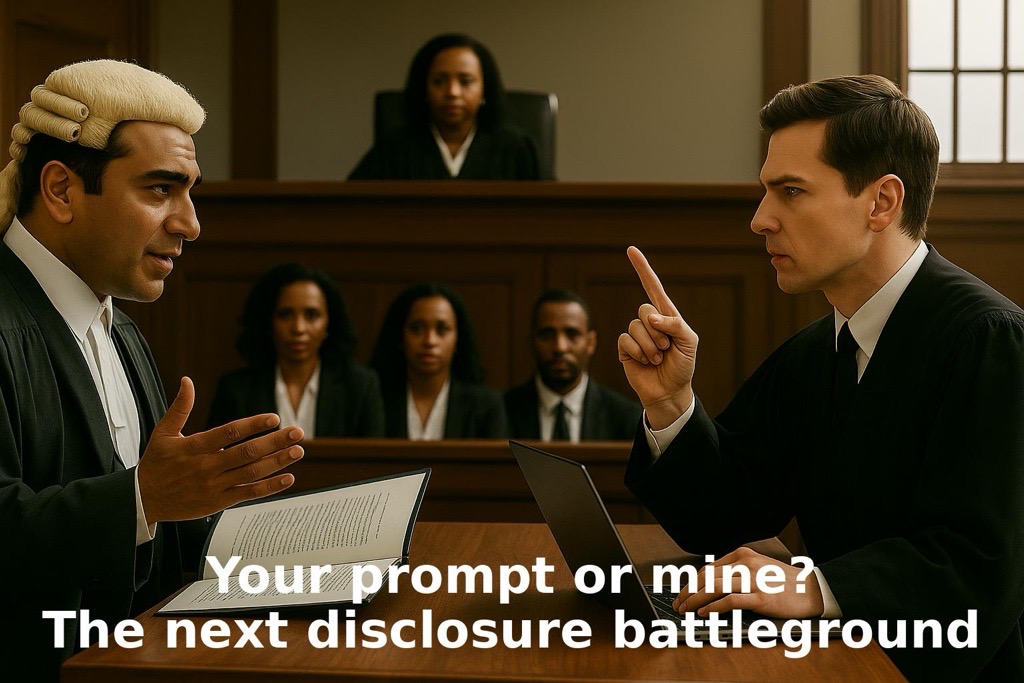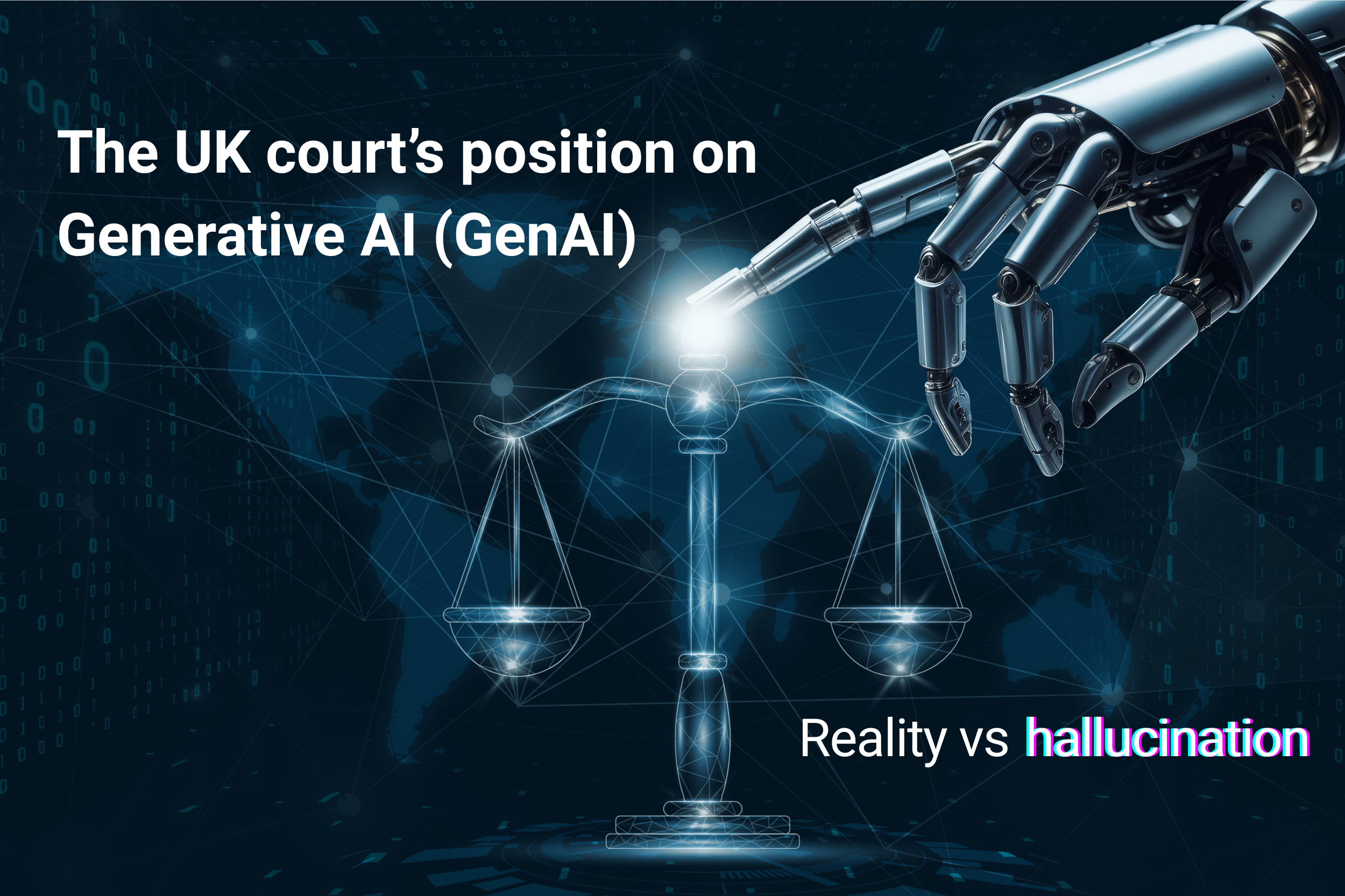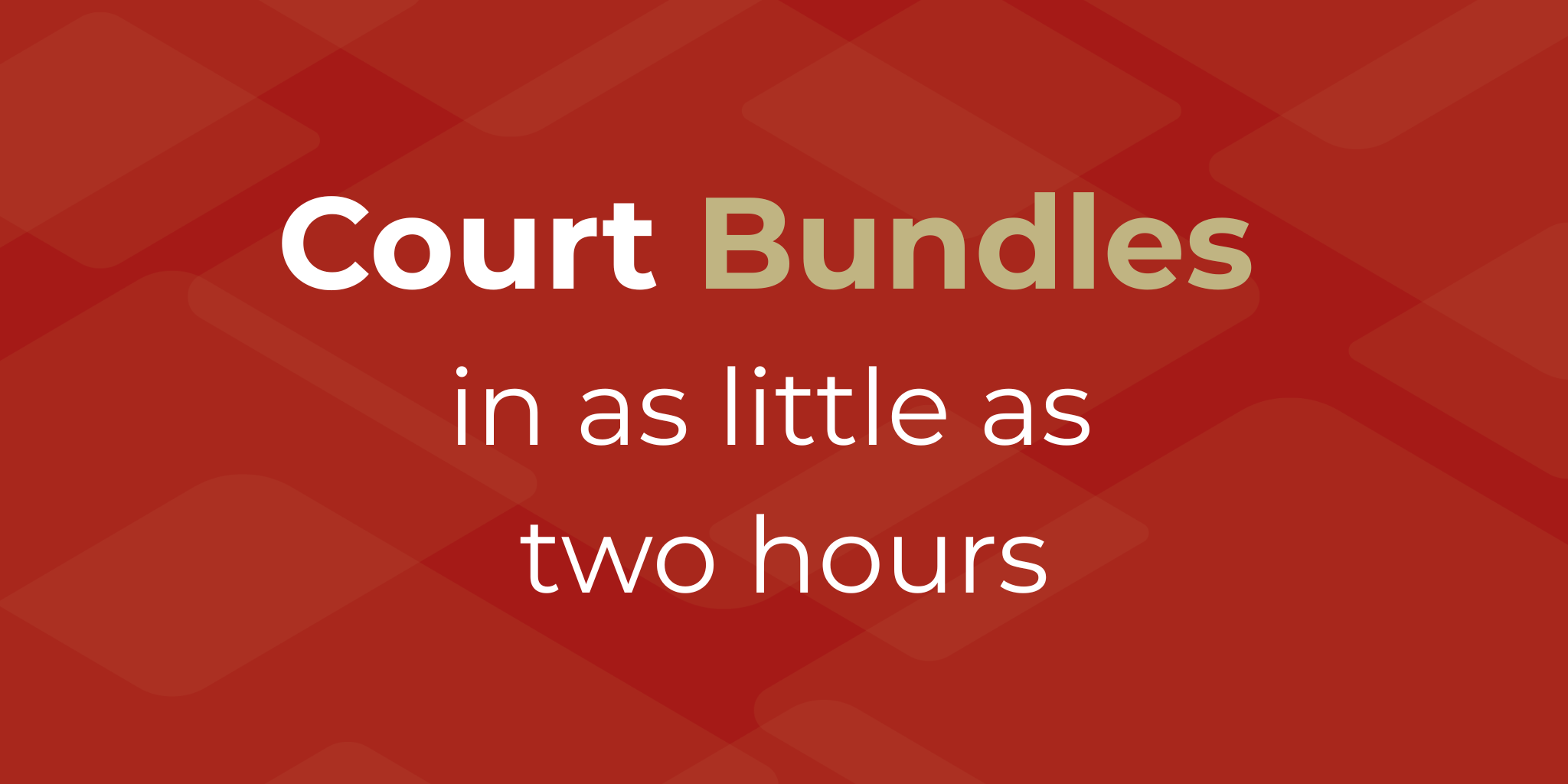Your prompt or mine? The next disclosure battleground
For years, the battleground has looked familiar.
General enquiries: 0800 064 0204
eDiscovery: 020 7242 9601
Reprographics: 020 7405 9178
57 Carey Street, London, WC2A 2JB
Email: info@legastat.co.uk

Many clients involved in litigation who communicate via text messages question why their lawyers stress the importance of collecting their mobile data through forensic methods.
Common alternatives they propose include screenshots, WhatsApp exports, or utilising Desktop WhatsApp pairing. They also raise valid concerns about the privacy of personal data on their mobile devices, such as family photos.
While these solutions might appear reasonable, they often fail to adhere to Practice Directions - PD 57AD applies here - and pose significant limitations.
Key Challenges of Forensic Collection Alternatives:
In conclusion, while clients understandably seek alternatives to forensic data collection due to concerns regarding privacy or perceived costs, these methods often fall short of ensuring the integrity and compliance needed in legal proceedings. Ultimately, forensic data collection not only safeguards the validity of evidence but also enhances the overall effectiveness of legal representation, ensuring that clients' interests are effectively protected throughout the litigation process.

For years, the battleground has looked familiar.

Reality vs hallucination Cambridge dictionary’s word of the year for 2023 is “hallucinate”. You may think that hallucination is something only humans...

New working practices introduced in the last few years have seen many changes in the way we live and work. We have seen changes in the way our...